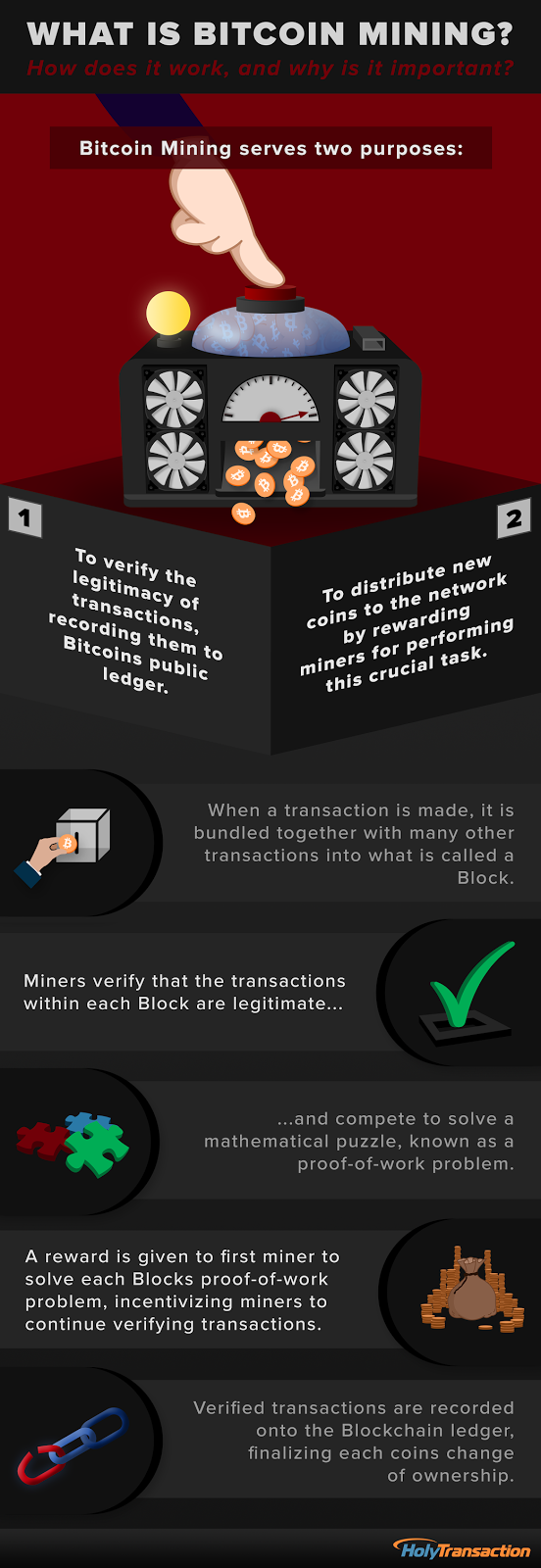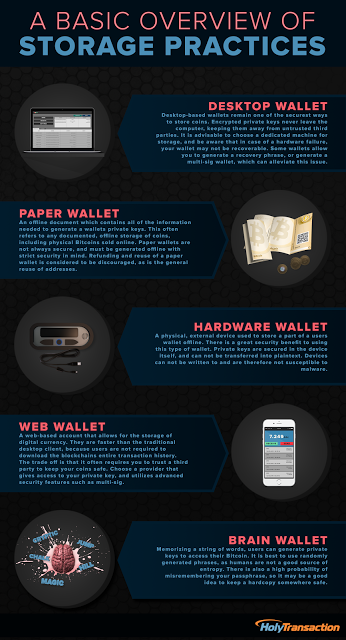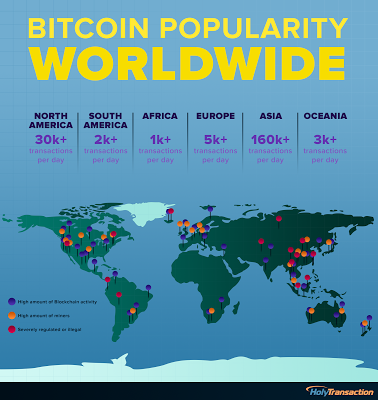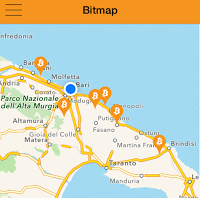
How to study with Bitcoin payments
Bitcoin at University
Why in Prague
Bitcoin worldwide recognition
Open your free digital wallet here to store your cryptocurrencies in a safe place.

Philips announces its own Blockchain Lab

Previous Statement
Open your free digital wallet here to store your cryptocurrencies in a safe place.

Ethereum used for Car Charging in Germany
Germany supports green power
Car Charging with Smart Contracts
Open your free digital wallet here to store your cryptocurrencies in a safe place.

Burger King accepts bitcoin
But, why Arnhem?
Growing bitcoin enthusiasm
Life on Bitcoin
Where to live using bitcoin: CoinMap and BitMap
Open your free digital wallet here to store your cryptocurrencies in a safe place.

How the blockchain can improve the Australian voting system
Flux Party is a new Australian political party that wants to renovate the voting system by using the blockchain.
How it works
Too old for the Internet era
A revolutionary but not so new idea
Open your free digital wallet here to store your cryptocurrencies in a safe place.

Infographic: What is Bitcoin Mining?
Open your free digital wallet here to store your cryptocurrencies in a safe place.

Infographic: A basic overview of storage practices
Open your free digital wallet here to store your cryptocurrencies in a safe place.

Infographic: Bitcoin Popularity Worldwide
Open your free digital wallet here to store your cryptocurrencies in a safe place.
Bitcoin: the future of payments
Payments networks revisioned with bitcoin
Why bitcoin is held back
Open your free digital wallet here to store your cryptocurrencies in a safe place.
Google update now supports Bitcoin price in search results!
“You can also ask Google to do conversions – if you have the Google Search app on your smartphone, for example, ask it, ‘How many bitcoin are in 500 U.S. dollars?’ and you’ll get the answer in a handy conversion tool.”
Open your free digital wallet here to store your cryptocurrencies in a safe place.



